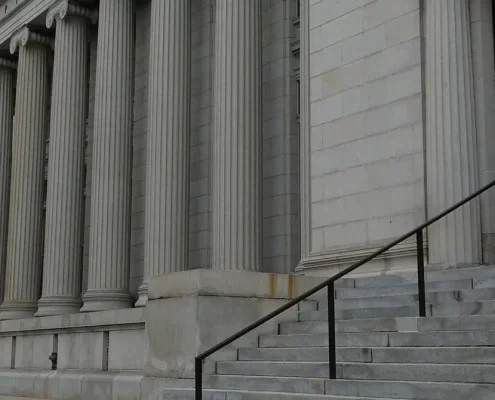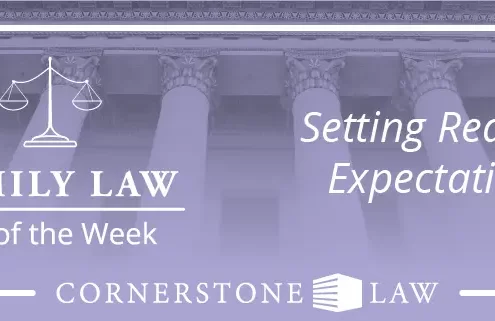
Relocating your kids when you have a custody order
Custody, Family LawMoving your kids when you have a custody order is about as painful as custody was in the first place. Whether you are a parent with primary custody, partial custody, or joint custody, you know that living with custody orders means living with…

Appealing a Custody Order
Custody, Family LawWhat do you do when a judge gets the custody decision wrong? How can you appeal a bad decision that is going to hurt your children or your family? Under Pennsylvania law there are typically two types of appeals that you take from custody orders.
Two…

Seeking an Amicable Divorce by Working with the Same Attorney
Custody, Divorce, Family LawWelcome to Family Law Tip of the Week, a regular series on our blog where we offer tips on how to go through divorce and custody disputes in an amicable way. Divorce should always be a last case resort but if you are going through it, we want…

The Purpose of a Home Study in a Custody Dispute
Custody, Family LawWhen you’re fighting for custody with the other parent of your child, you will be introduced to many new terms and pieces of the legal process. One of these is called a “home study.” Often in a custody case, you’ll be asked by your lawyer…

Modifying Custody
Custody, Divorce, Family LawIf you’ve reached a custody agreement with someone, it’s not set in stone forever. Circumstances change, people change, and of course custody arrangements have to change. This is especially true if you reach a custody agreement with someone…

When Winning Feels Like Losing
Custody, Divorce, Family LawThere is nothing more important in life than your kids. Fighting over who will have custody of your kids is the most stressful thing that most people will ever go through. From the first conversation with your lawyer to the last, you will be…

Adopting your Stepchildren
Custody, Family Law, WillsThe Brady Bunch was meant to be a humorous show about the difficulties of merging two families with kids. But 50 years after the show debuted, there isn’t really any joke about it. Merged families are the norm, and for parents working to ensure…

What is the penalty for filing a false PFA in Pennsylvania?
Civil Law, Custody, Divorce, Family LawWhen someone lies in a Protection from Abuse petition, an incredible amount of consequences follow for everyone involved. The person who is named as the defendant in a PFA temporarily loses access to their guns and is often evicted from their…

Family Law Tip of the Week – Good Manners Win
Custody, Divorce, Family LawWelcome to Family Law Tip of the Week, a regular series on our blog where we offer tips on how to go through divorce and custody disputes in an amicable way. Divorce should always be a last case resort but if you are going through it, we want…

Family Law Tip of the Week - Setting Realistic Expectations
Custody, Divorce, Family LawWelcome to Family Law Tip of the Week, a regular series on our blog where we offer tips on how to go through divorce and custody disputes in an amicable way. Divorce should always be a last case resort but if you are going through it, we want…
